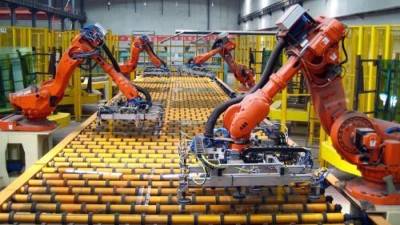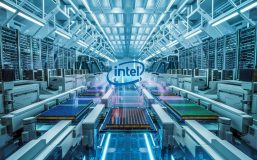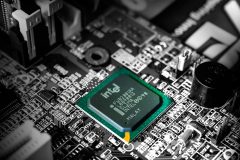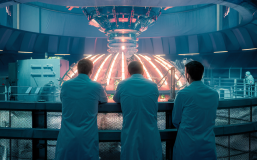The move from humans working with computers to computers working without humans is almost upon us, and some are already calling it Industry 4.0 – or the fourth industrial revolution.
For those not keeping up with your industrial revolutions, the first was considered launched by the use of steam and water power, the second by the use of electricity, and the third by the introduction of computers in the workplace.
See Also: London calling: UK regulator creates new IoT spectrum license
The name Industry 4.0 was first coined by the German Government, and represents the implementation of artificial intelligence, big data, and the industrial Internet of Things (IIoT) in the factories.
It might be the first revolution where humans are not required, according to some. Once computers can talk to each other and automate the assembly line, and AI can understand issues and address them ahead of time, there might be no need for humans.
That might be a tad overzealous, at least in the first few decades. We assume humans will be kept in jobs as companies test artificial intelligence and robots in the workplace, to avoid disaster.
Industry 4.0 affecting all industries
The revolution will not be for just factories, however. Entire sectors – from fast food giant McDonalds to mega-retailer Walmart – will move some of its operations towards automatization and digitization. Starbucks has already revealed some of its plans, which include customized menus for every customer, using big data and artificial intelligence to understand what you want.
The benefits of this revolution include a much cheaper workforce – if robots are swapped for humans – and the ability to use artificial intelligence to solve complex problems and expedite the assembly line.
We’re seeing the foundations of this revolution being laid now. Factories are starting to invest in 3D printers for cheaper manufacturing, IIoT for connectivity between machines, and big data to analyze every process and boost efficiency.
However, it might still be a few decades till this revolution is in full effect. And for now, we still don’t know the full extent of the automation process.






















